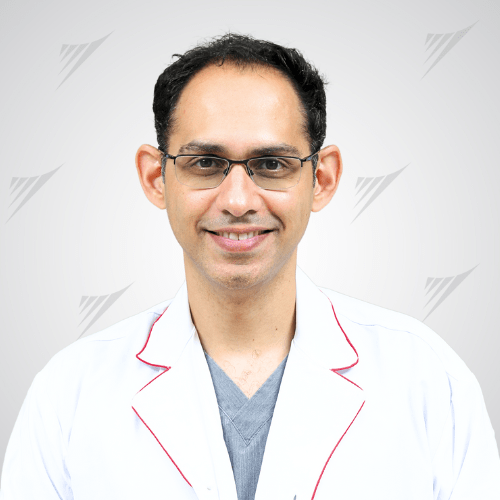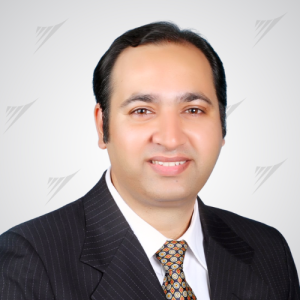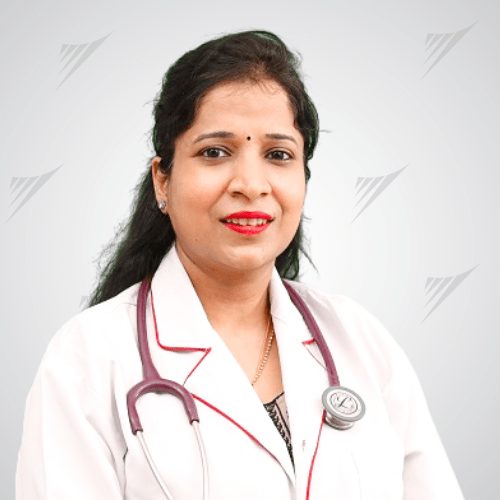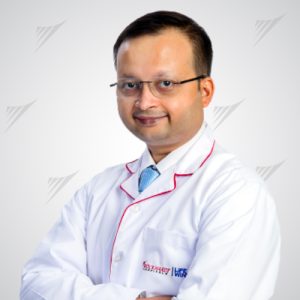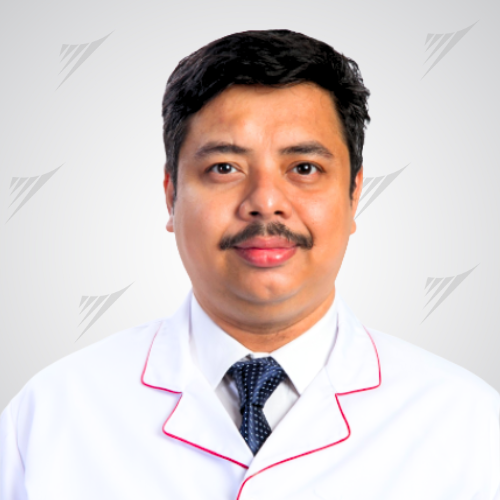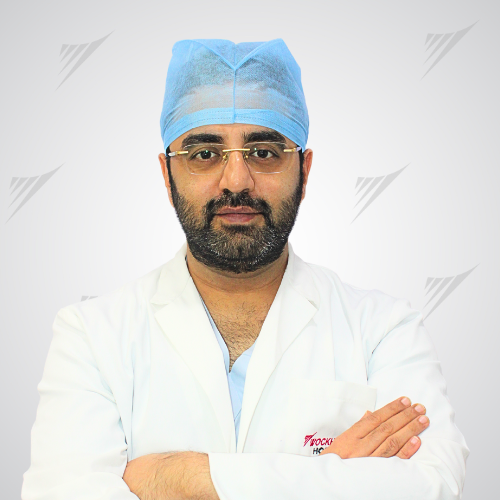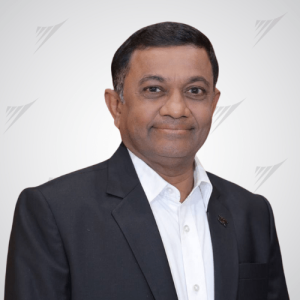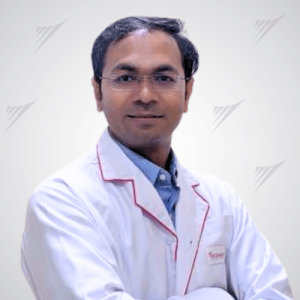DEEP BRAIN
STIMULATION
SURGERY
Book An Appointment
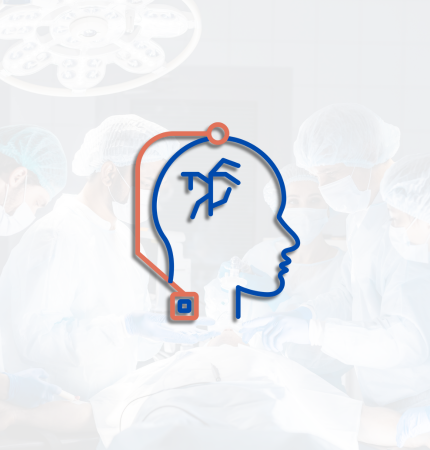
What is a DBS?
Deep Brain Stimulation (DBS) has emerged as a revolutionary treatment option in neurology. This advanced procedure offers renewed hope to individuals affected by various neurological disorders, enhancing their quality of life and aiding in symptom management.
Understanding Deep Brain Stimulation
Deep Brain Stimulation involves surgically implanting a small device known as a neurostimulator into targeted brain regions. This device transmits electrical impulses to specific areas, effectively modulating abnormal neuronal activity. By focusing on these key regions, DBS helps restore balance to neural circuits, relieving symptoms linked to neurological conditions.
Why Choose Us
20+ Years of Experience
Phenomenal success rate in treating complex neurological illnesses
Dedicated neurosurgery and neurology ICUs
Cutting-Edge Techniques, Technologies and Facilities
Expert Neurosurgeons & Neurologists
Conditions We Treat?
Deep Brain Stimulation (DBS) entails the surgical implantation of electrodes in targeted areas of the brain to modulate abnormal neural activity. The controlled electrical stimulation delivered by these electrodes helps regulate muscle contractions, offering relief for conditions such as Parkinson's disease and essential tremor.
Essential tremor is a neurological disorder marked by rhythmic, involuntary shaking, usually affecting the hands and occasionally the head. This condition can make daily activities challenging and is often worsened by stress or fatigue. Although it is not life-threatening, treatments focus on reducing symptoms and enhancing the overall quality of life.
Tourette syndrome is a neurological disorder characterized by involuntary movements and vocalizations called tics, which often begin in childhood. The severity of these tics can vary widely, impacting daily activities and quality of life. Treatment options primarily focus on managing symptoms and offering support.
Huntington's disease is a genetic disorder that results in the progressive degeneration of nerve cells in the brain. This leads to involuntary movements, cognitive decline, and psychiatric symptoms, with no cure currently available.
Chronic conditions are long-term health issues that impact the brain, including disorders like Alzheimer's disease and epilepsy. Managing these conditions typically requires continuous treatment to minimize their effects on cognitive function.
Our Team of Experts
- Mumbai Central
- Mira Road
- Nagpur
- Rajkot
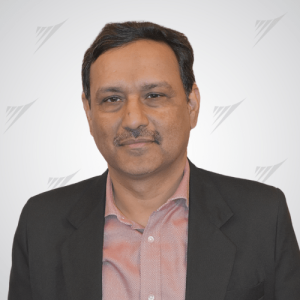
Dr. Bipin Bhimani
NeurologistRajkot
Book an Appointment
Dr. Ashutosh Dudhatra
NeurologistRajkot
Book an Appointment
Dr. Jigarsinh Jadeja
NeurosuregonRajkot
Book an Appointment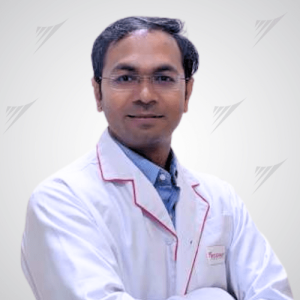
Dr. Viral Kumar Vasani
NeurosurgeonRajkot
Book an Appointment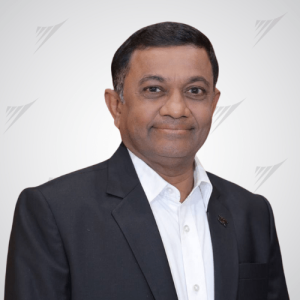
Dr. Kant Jogani
NeurosurgeonRajkot
Book an Appointment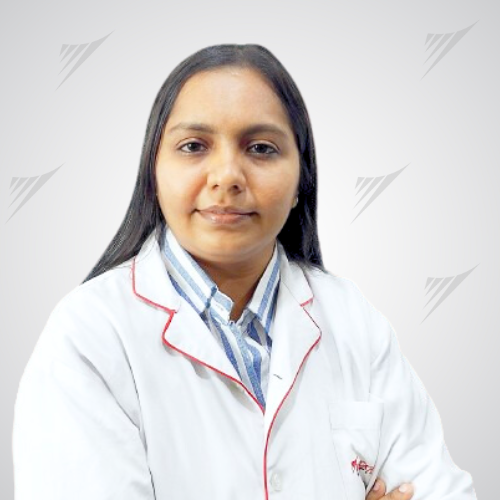
MBBS, MD (Internal Medicine), DM (Neurology), Postdoctoral Fellowship in Movement Disorders
Speciality:
Neurologist, Parkinson’s Disease and Movement Disorders Specialist
FAQs On DBS
Q. How does DBS work?
The electrodes stimulate targeted brain areas, helping to restore normal electrical activity. This can result in significant improvements in motor skills and other symptoms by affecting the neural circuits responsible for movement and mood regulation.
Q. How effective is DBS?
Many patients experience substantial relief from symptoms, with studies indicating up to a 70% improvement in motor symptoms. However, individual responses can differ, and some may see only moderate benefits.
Q. How long does the device last?
The battery life of the pulse generator usually lasts between 3 to 5 years. Regular follow-up appointments are necessary to check battery status and adjust settings as needed.
Q. Will I still need medication after DBS?
Most patients are able to lower their medication dosage after beginning DBS, although some may still need medications to effectively manage their symptoms.
Q. Can DBS be reversed?
Yes, the stimulation can be turned off or the device can be removed if necessary. However, some effects may persist even after the stimulation is discontinued.
Q. What is the recovery process like?
The recovery process can vary for each individual, but it generally involves a hospital stay of one to two days. After a few weeks, patients will have a follow-up appointment for device programming. Most people experience a gradual return to their normal activities, although some may need physical therapy to aid in their recovery.

